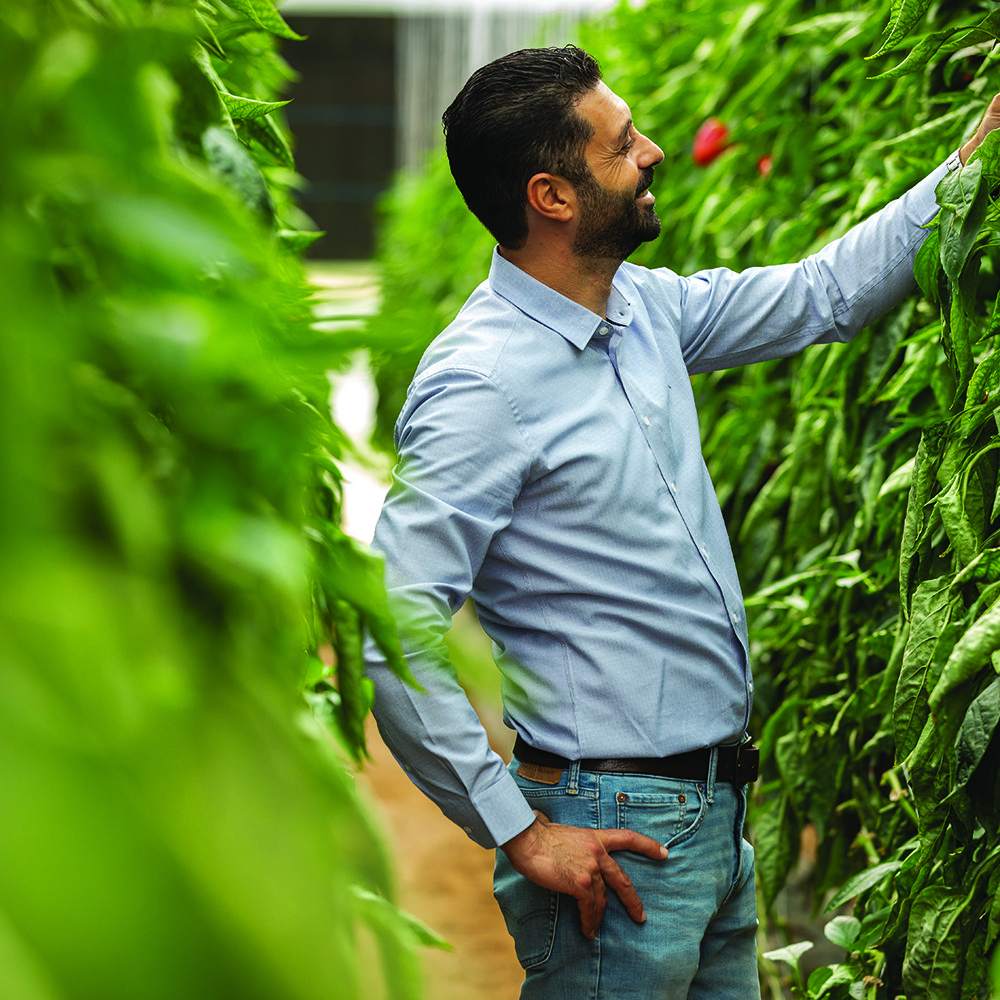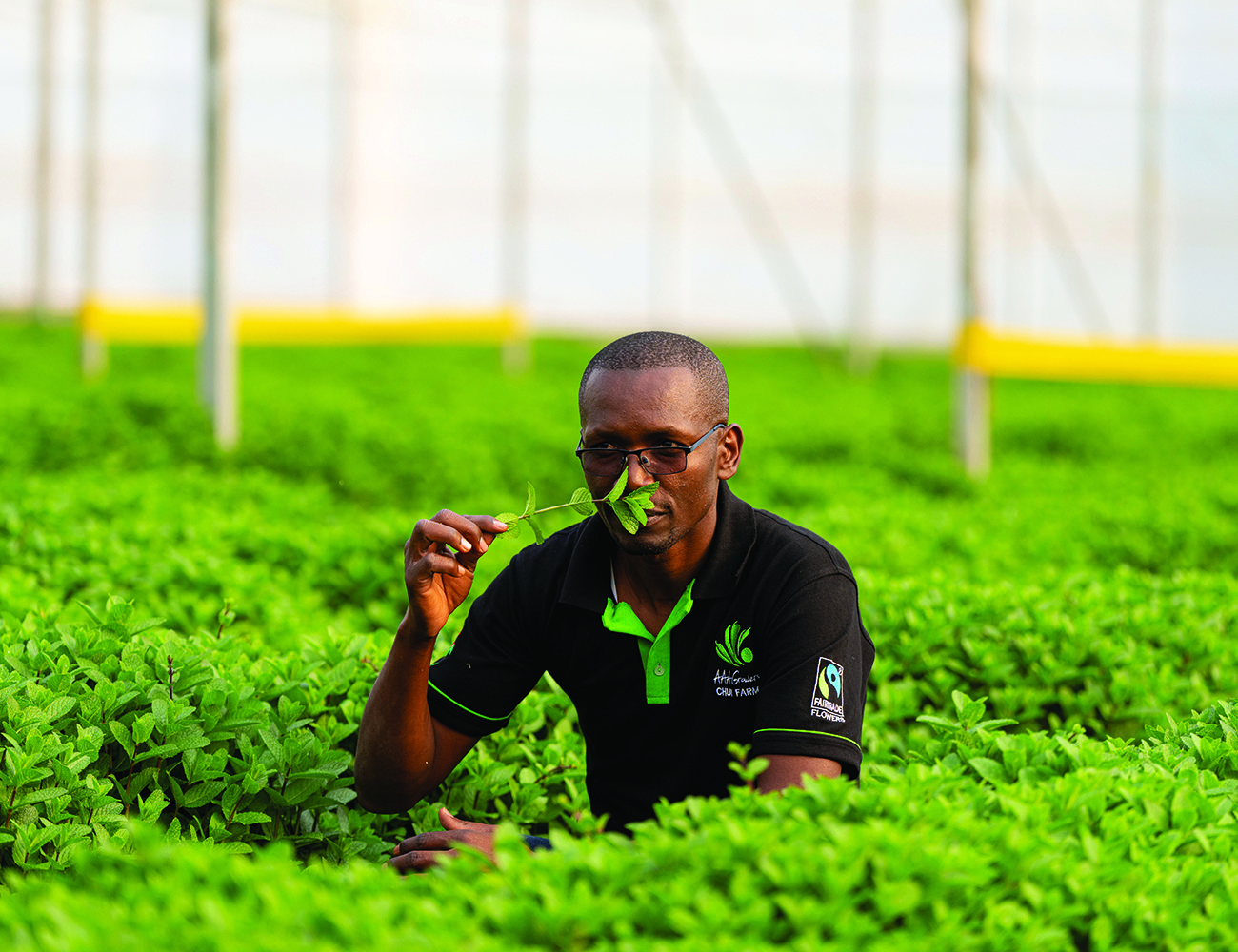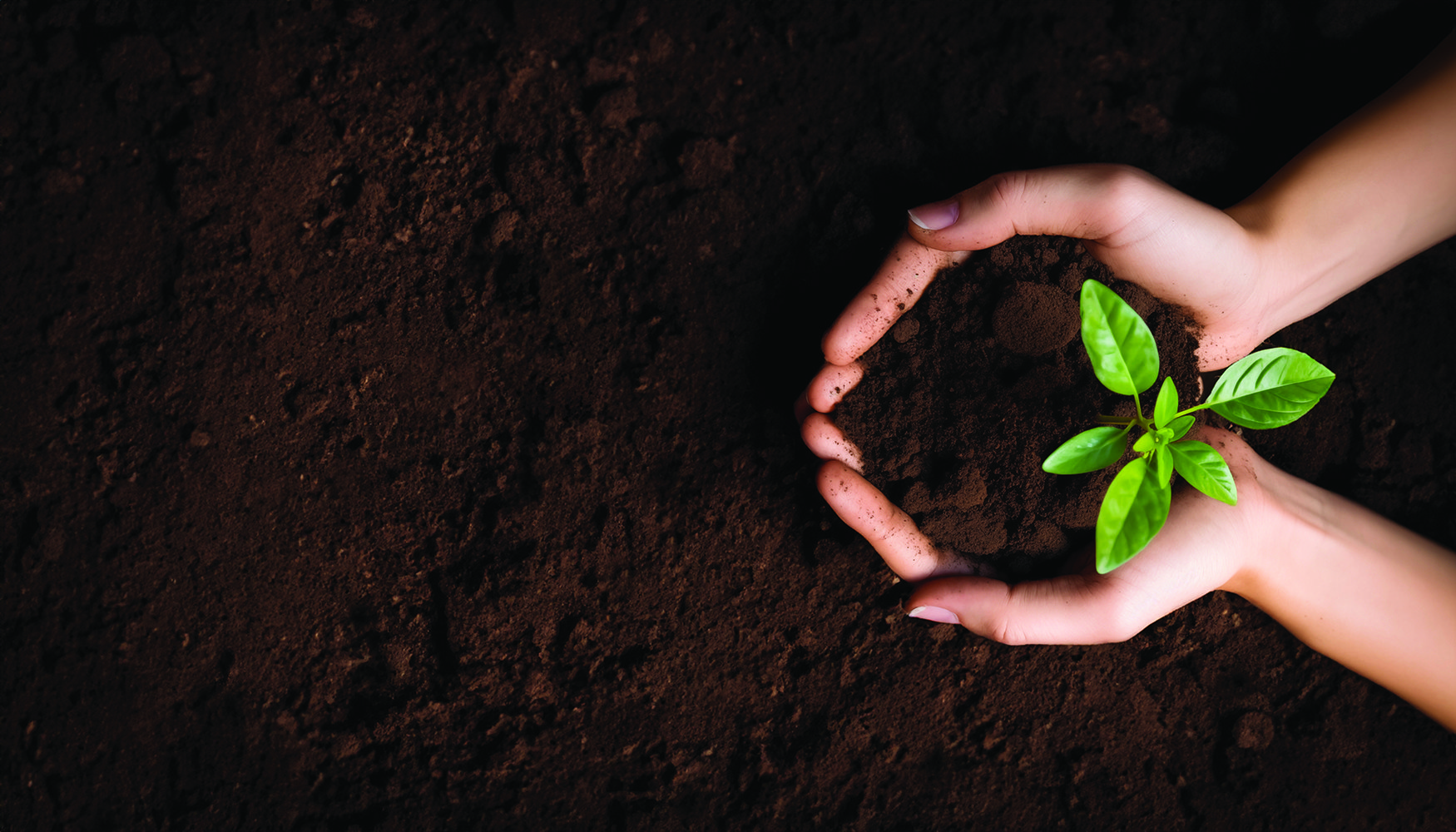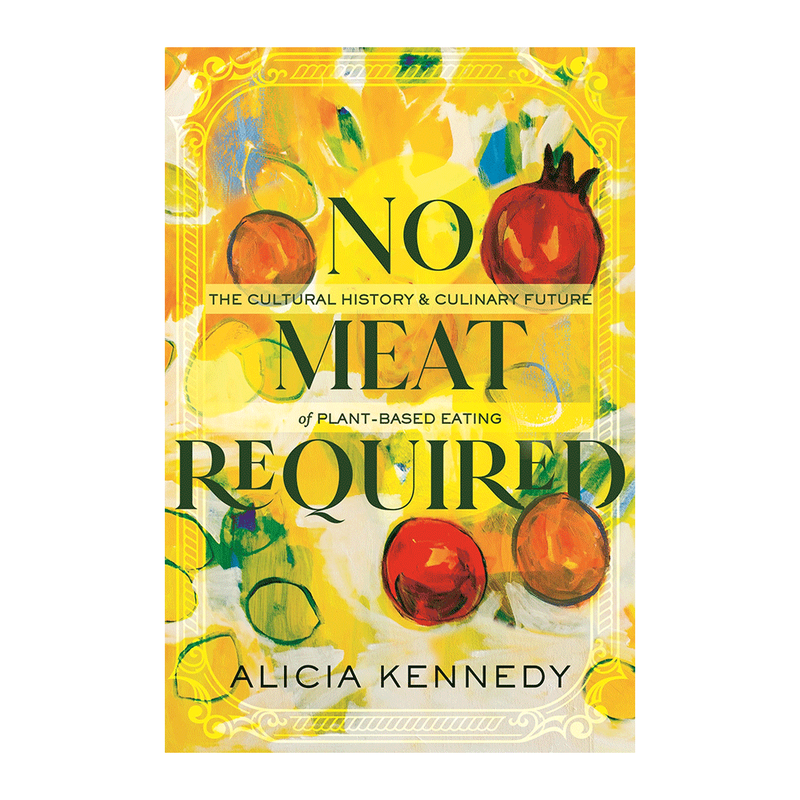There was a time, not long ago, when a bunch of bananas, or pack of salmon fillets, or bouquet of lilies, would arrive on supermarket shelves with an added freight of doubt. The country of origin might be marked with a sticker, but there was no way of knowing how safely or sustainably that product was fished or farmed. Even after shoppers started demanding more transparency on fair trade and carbon footprints, the work of GLOBALG.A.P. (G.A.P. for Good Agricultural Practices) was still conducted largely behind the scenes.
“We believe that what we do is good,” says Ignacio Antequera, a veteran director of sales and stakeholder relations for GLOBALG.A.P.’s brand, and a true advocate of it’s “mission”: connecting responsible producers to like-minded retailers. “But for most of the last 25 years, our certification has been a business-to-business matter, and not visible to the consumer.”
Things started to change in 2018, explains Ignacio, when Spinneys was selected for a pilot programme that applied new labels to certain fruit and vegetables, confirming they had been farmed in line with certified good practices. Each label also came with a GGN, or GLOBALG.A.P. Number, which served as access codes to full online profiles of the relevant producers, with photos of the farms in question and all the relevant documentation.
Since then, the GGN marker has become a standard “cross-category label” that also covers farmed seafood, flowers and plants from G.A.P.-certified suppliers around the world. As to whether it is now a deciding factor at the point of purchase, Ignacio can only suggest that it depends on the shopper. “For most, I think that price, quality, flavour are probably very important, but of course some are looking at sustainability as well. And of course, we’d like more people to appreciate the efforts of producers at farm level.”
His organisation was founded in Cologne, Germany as EurepGAP in the late 1990s, combining the shared interests of a few European supermarket chains and some of their biggest suppliers. A few years earlier, the calamitous outbreak of so-called “Mad Cow’s Disease”, which had spread through contaminated cattle feed, created an urgent need for common standards in farm management. “Retailers wanted to increase controls on suppliers, while producers at the time were exporting to different markets and having to comply with various private protocols, about 80 per cent of which were basically overlapping.
“So, for the sake of efficiency and simplicity, this initiative was created to bring all the players together and say ‘OK, we all want this, let’s use one tool and one certification that satisfies everyone’.” As G.A.P. went global and changed its name accordingly, more and more farmers signed on, essentially agreeing to abide by terms and conditions that extended all the way along the supply chain: food safety, environmental sustainability, welfare of workers and animals, product handling, training and support. The roster now extends across 130 countries, and some 200,000 different producers. And there is an evangelical aspect to the task of bringing new members aboard, says Ignacio – a focus on the positive.

Elite Agro and AAA Growers are two of our many producers who are GLOBALG.A.P. certified

“We always approach this from a constructive point of view, emphasising the advantages of access to markets, improving operations at farm level. We have many case studies of companies that have saved money, even after investing quite a lot to get certification, because they became more efficient in the process. But at the end of the day, it’s a voluntary thing, and you can decide to do it or not.”
Their task has taken on an existential dimension in recent years too, as farmers are increasingly strained by the effects of climate change even as the global population only adds to the burden of production: this planet will have an estimated 10 billion mouths to feed by 2050. “Certainly, all our standards are aimed at ensuring there is a future for agriculture, and that activities on farms are not only safe, but also sustainable, resilient to climate change, careful with the use of resources, be they water or energy or whatever.”
“Aquaculture”, indeed, is a word that recurs very often in G.A.P. materials – with so much of the world’s landmasses already given over to farming, there is great potential for growth out on the water, albeit within the same strict parameters that the organisation has established.
“Aquaculture concerns are a bit different than, say, fruit and vegetables. You have to consider how the fish are treated, the pollution levels in the water, the source of the feed, and so on. But the objective is the same, to implement good practice that guarantees food safety, respect for the environment, and the welfare of the workers.”
With his background in agronomy, and decades of experience on the farming supply chain, Ignacio understands as well as anyone the scale of the challenge ahead. And with this in mind, does he find himself energised by the ongoing mission of GLOBALG.A.P., or does he lose sleep to worrying about it?
“Well, I think we all prefer to think positively, and we seem to always find people who are motivated to make changes, make a difference. A big part of what we do is cooperate with companies who think alike and share our vision. There are setbacks, but it’s exciting work.”

